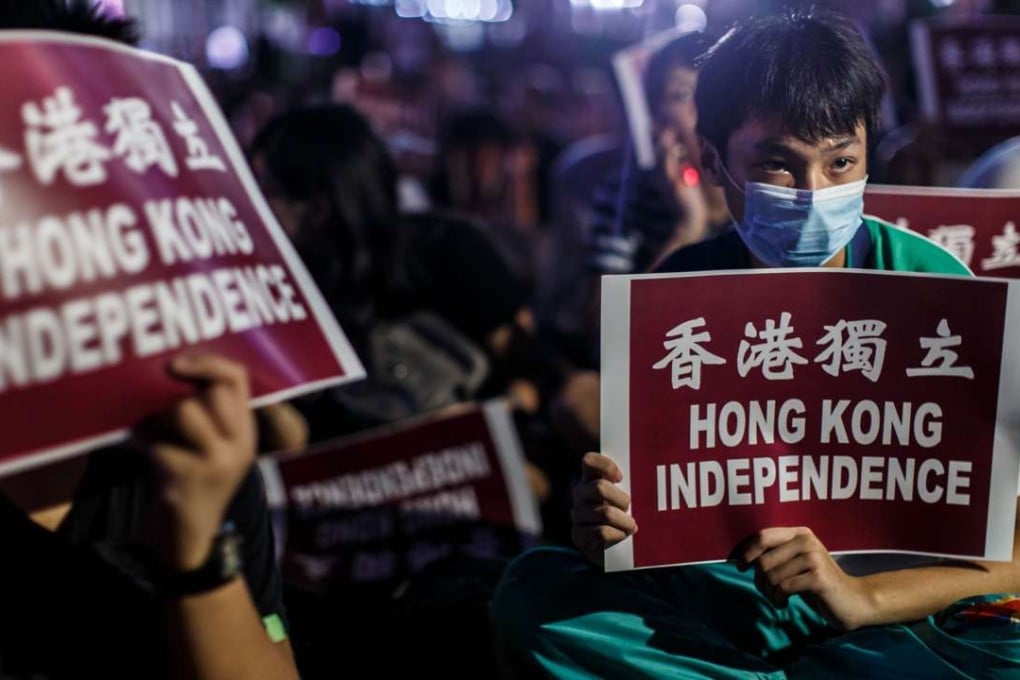Why political apathy is a bigger threat to Hong Kong’s future than independence calls
Nicholas Gordon says amid the overreaction to the burgeoning localist movement, we aren’t doing enough to address the disillusionment and cynicism behind it

The surprising rise of the independence movement has changed the rhetoric on both sides of the political spectrum: the establishment is now defending public events that criticise the mainland, noting that it is important for Hong Kong people to stay engaged with China, while the pan-democrats are trying to determine how best to capitalise on the energy of student activism without endorsing it entirely.
Much of the commentary about independence, at least from establishment sources, seems to alternate between dismissal, finger-wagging and outright panic. This attitude is misguided. These sources are right to note that independence is unconstitutional, practically unfeasible and probably unsupported by a majority of Hong Kong people. But this does not mean harsh criticism and lecturing is the right strategy to tackle the independence movement, or the cynicism about politics that has sparked it.

The yearly protests, despite being a headache for the government, are proof that Hong Kong’s population cares deeply about its future
Instead, the biggest threat is political apathy: a growing disillusionment that Hong Kong’s political system will be able to confront its pressing challenges, fulfil the needs of its people, or defend its interests. The independence campaign is not a cause of Hong Kong’s current troubles, but is instead a symptom of a wider mistrust in the government.
Hong Kong functions as well as it does due to its independent and well-designed institutions: an independent judiciary, an efficient civil service, a well-respected police force, a vibrant media, and so on. The yearly protests, despite being a headache for the government, are proof that Hong Kong’s population is politically active, and cares deeply about its future.
But remove this energy, and it is not clear that Hong Kong would work as well. Independence may make today’s headlines, but far more dangerous in the long term is a young population that views the government with cynicism, and is too jaded to see public service or public policy as a valuable use of its time.
